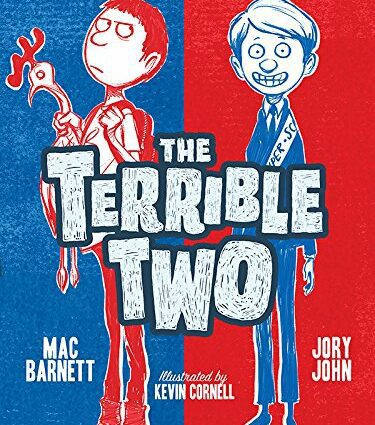Садржај
At the dawn of the 24 months of her son Almire, Sarah, 33, noticed a change of temperament in her baby with whom she had until then had a close bond. “Yet very wise and calm, he started to get angry and oppose me. He said no to the bath, to sleep, to afternoon tea. Our daily life was punctuated by crises, ”lists the young mother. A period that is aptly named “Terrible two years”, therefore! Because that’s what English speakers call this period of opposition, so common among young children, which occurs around the age of two.
If this “two-year crisis” is destabilizing for the parent, and difficult for the child in the grip of his frustrations, it is quite normal. “Between 18 and 24 months, we enter a phase of transition from baby to toddler. It’s called the Terrible Two, ”explains psychologist Suzanne Vallières in her book Psy-tips for children from 0 to 3 years old (Les éditions de L’Homme).
Why is the child particularly difficult at this age?
Around the age of 2, the child gradually understands the “I”. He begins to assimilate that he is a whole person. This passage marks the beginning of his affirmation and his own identity. “I did not live this period badly, admits Sarah. I felt like my son was slipping away when he was still a baby. He was asking for autonomy from us, but paradoxically was too small to be left to fend for himself as a grown-up. Frustrations and annoyances were frequent on both our side and his. ”
For Suzanne Vallières, this desire to “do it alone” is legitimate and should be encouraged. “They discover at this point in their life their ability to perform certain tasks on their own. A feeling of autonomy in the child which will give them the desire to learn and to show with pride that they are capable. “
A kind of first crisis of adolescence necessary for the good development of the child, which puts the nerves of the parents to the test. “We were torn between the joy of seeing them gain in autonomy and the psychological fatigue of seeing everyday tasks take a lot of time, details the young mother. Staying calm in the face of repeated “no’s” and refusals to cooperate after a day’s work was not always easy. “
Two-year-old crisis: an inability to manage one’s emotions
At this age, the child is still in a phase of learning his emotions. During this transitional period, the infant’s brain is not yet mature enough emotionally to be able to deal with frustrations. An immaturity which explains in particular the anger and mood swings often wrongly associated with хировима.
When faced with grief, shame, anger or frustration, young children may feel overwhelmed and not know how to deal with what they are feeling. “In a crisis, I used to give him a glass of water to help calm him down and divert his attention a bit. When I feel him receptive, I help him to verbalize what he is feeling. Without denigrating or humiliating him, I explain to him that I understand his behavior, but that there are other ways to react. ”
How to accompany your child during the “no phase”?
While it is not recommended to punish a child of this age which tries to assert itself, how to maintain a framework and limits, necessary for the development of your little one? Sarah and her companion have armed themselves with patience to face Almire’s crises with kindness. “We tried several methods to try to appease him. It was not always conclusive, we experimented a lot and groped our way, trying as much as possible not to make ourselves feel guilty or put pressure on us, details the young woman. When I felt too tired to handle, I would pass the baton on to my spouse and vice versa. ”
У свом раду „Psy-tips for children aged 0 to 3 ”, Suzanne Vallières lists several tips for accompanying her child:
- Don’t punish your little one
- Explain and impose limits based on what is deemed non-negotiable such as bath, meal, or bedtime
- In the event of a crisis, intervene firmly while remaining in dialogue and understanding
- Be careful not to denigrate your child
- Help your child only when he asks for it
- Promote initiatives and tasks accomplished
- Encourage your child to make simple everyday decisions, such as choosing clothes
- Secure your child by explaining the day’s program and upcoming activities
- Keep in mind that the child is still small and that it is normal for him to return to baby behavior from time to time.
A gradual evolution
After several months of Terrible Two, Sarah found that Almire’s behavior was gradually changing in the right direction. “Around the age of 3, our son was more cooperative and less angry. We are proud and happy to see his personality take shape more precisely every day. ”
If you feel your child is in real pain or that the situation continues without signs of improvement, a psychologist can help you and advise you on the behavior to adopt, while helping your little one to verbalize what he is feeling.










